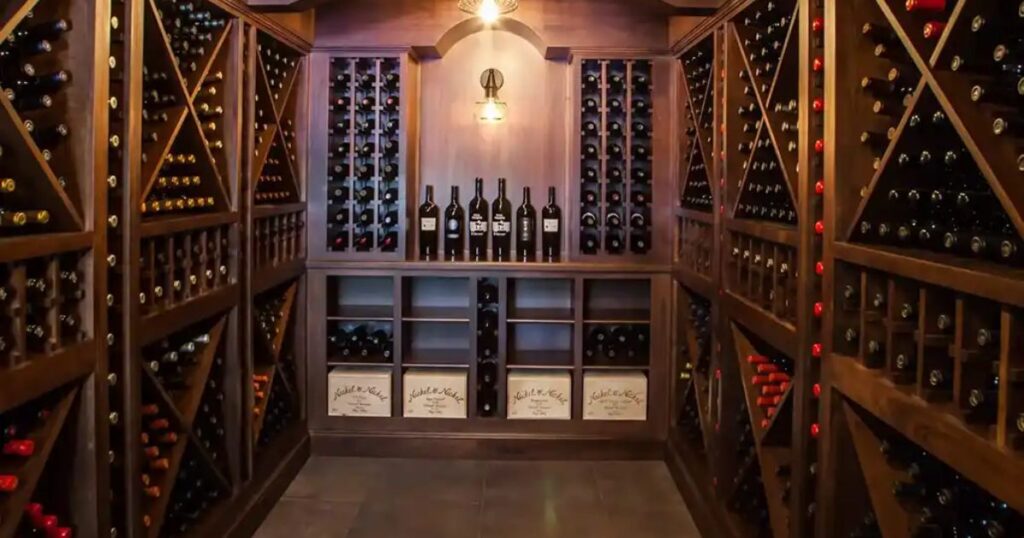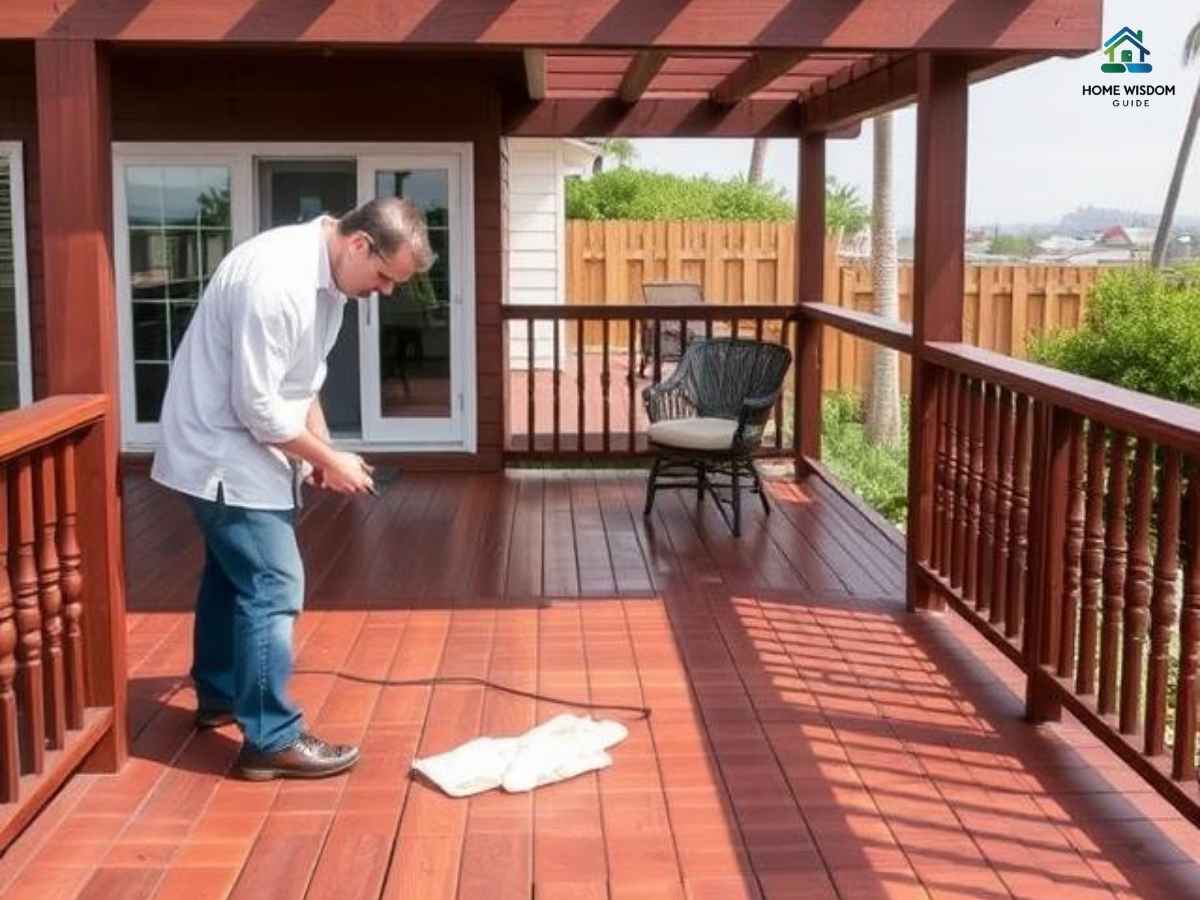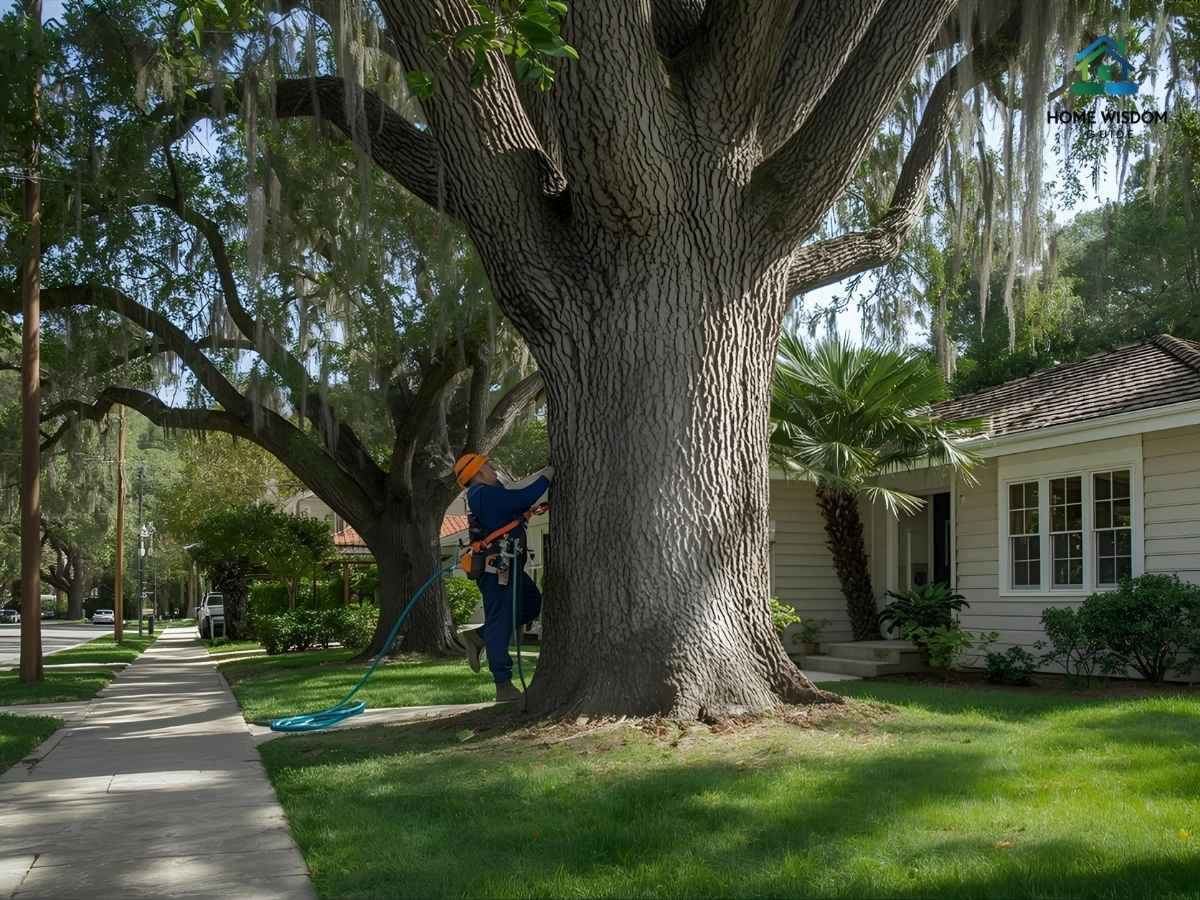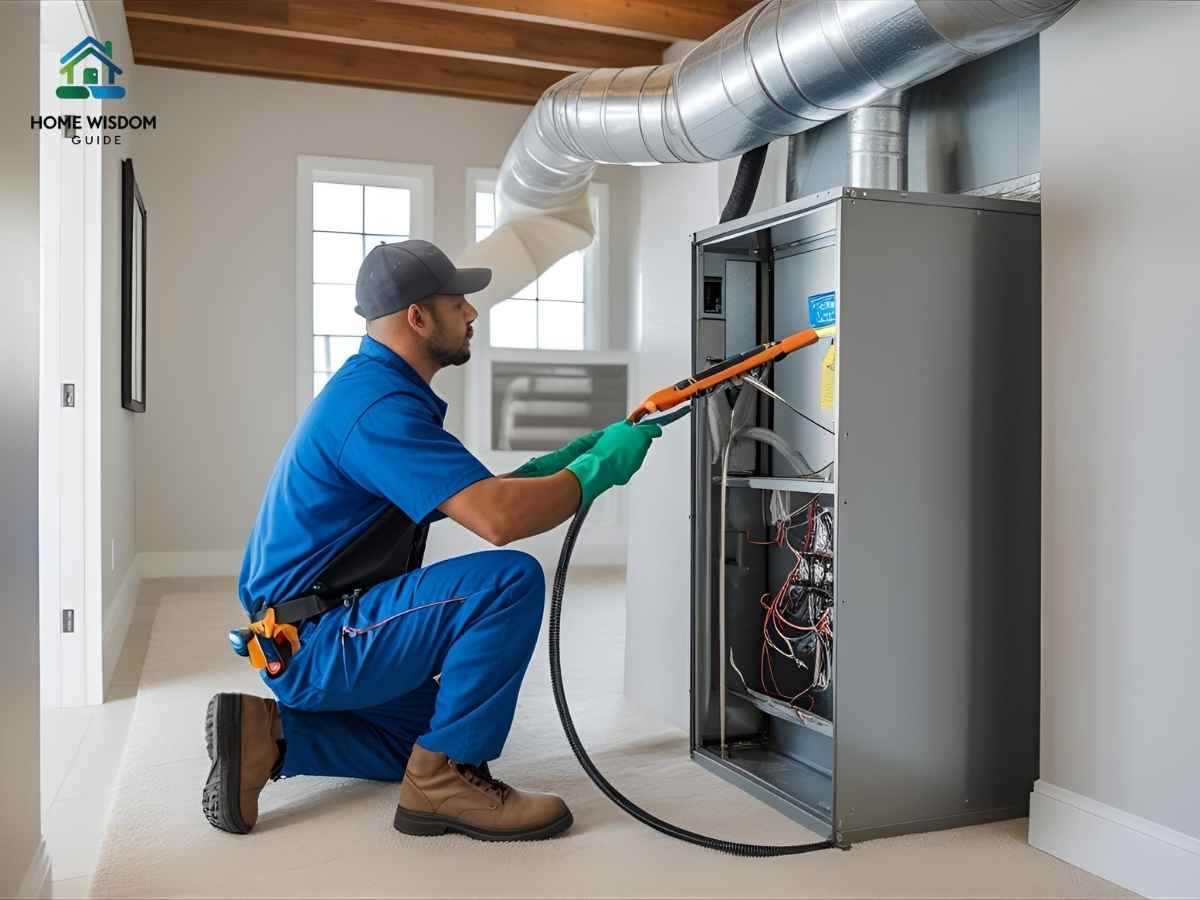When Sarah from Beverly Hills discovered tiny piles of sawdust-like droppings in her $50,000 wine cellar, her heart sank. The precious collection she had been building for over a decade was under attack by drywood termites. What started as a small concern quickly became a nightmare scenario that could destroy not only her valuable wines but also compromise the structural integrity of her home.
This scenario plays out across Los Angeles County more frequently than most wine enthusiasts realize. With Los Angeles recently ranking as the nation’s most termite-infested metropolitan area according to pest control reports, wine cellar owners face unique challenges that require specialized knowledge and immediate action.
Understanding the Los Angeles Termite Crisis in Wine Storage Areas
Los Angeles County’s Mediterranean climate creates perfect conditions for drywood termites to thrive year-round. Unlike colder regions where termites become dormant in winter, Southern California experiences continuous termite activity, making wine cellars particularly vulnerable to infestation.
Drywood termites pose the greatest threat to wine storage facilities because they infest the wooden structures commonly used in cellar construction. These pests can survive without soil contact, making them especially dangerous for above-ground wine rooms and climate-controlled storage areas found throughout neighborhoods like Pacific Palisades (90272), Brentwood (90049), and West Hollywood (90069).
The warm, consistent temperatures that make Los Angeles ideal for wine storage also provide optimal breeding conditions for termites. Neighborhoods with higher concentrations of luxury homes and wine cellars, including Bel Air, Beverly Hills (90210-90212), and Manhattan Beach, report elevated termite activity due to the abundance of wooden structures and optimal environmental conditions.
Climate factors affecting Los Angeles wine cellars include:
- Year-round temperatures between 55-75°F
- Consistent humidity levels that termites prefer
- Abundant wooden construction materials
- Limited seasonal temperature variations that would naturally control pest populations
Local wine storage facilities have documented increasing termite pressure, particularly in areas with mature landscaping and wooden construction. The concentration of high-value wine collections in ZIP codes 90210, 90049, 90272, and 90402 makes professional termite management essential for protecting these investments.
Identifying Drywood Termite Threats in Wine Storage Spaces
Drywood termites create distinct warning signs that wine cellar owners must recognize immediately. Unlike subterranean termites that build mud tubes, drywood termites live entirely within the wood they consume, making detection more challenging but equally critical.
Primary indicators of drywood termite activity include:
Frass pellets: Small, six-sided wooden pellets that termites push out of their galleries. These appear as small piles of sawdust near wooden wine racks, storage areas, or structural elements.
Kick-out holes: Tiny circular holes in wood surfaces where termites expel waste material. These holes are typically the size of a pinhead and indicate active colonies within the wood.
Hollow-sounding wood: Wooden wine racks, shelving, or structural elements that sound hollow when tapped may indicate internal termite damage.
Discarded wings: Reproductive termites shed their wings after swarming, often found near windows, doors, or light sources in wine storage areas.
Damaged wine storage components: Wooden wine racks showing signs of structural weakness, sagging shelves, or visible tunneling indicate advanced termite activity.
Wine cellar owners in Los Angeles should pay particular attention to areas where wood contacts other materials, as these junction points often provide entry opportunities for drywood termites. Regular inspection of wooden components, especially those in climate-controlled environments, helps identify problems before significant damage occurs.
Case Study: Beverly Hills Wine Collector’s Termite Battle
Michael, a wine collector in Beverly Hills 90210, discovered drywood termites had compromised his custom mahogany wine racks housing a $75,000 collection. The infestation had spread throughout the wooden infrastructure of his 500-square-foot climate-controlled cellar. Working with Pacific Coast Termite, he implemented a comprehensive treatment strategy that included localized heat treatments and targeted termiticide applications.
The treatment process required temporary wine removal to specialized climate-controlled storage, professional wood repairs, and ongoing monitoring. Michael’s experience highlights the importance of early detection and professional intervention in protecting valuable wine collections from termite damage.
Comprehensive Treatment Solutions for Los Angeles Wine Cellars
Professional termite treatment for wine storage areas requires specialized approaches that protect both the structural integrity of the cellar and the valuable contents within. Los Angeles pest control professionals offer several effective treatment methods tailored to wine storage environments.
Fumigation remains the most comprehensive solution for severe drywood termite infestations. This process involves sealing the entire structure and introducing Vikane gas to eliminate all termite life stages. While highly effective, fumigation requires complete wine removal and careful preparation.
Heat treatment offers a non-chemical alternative particularly suitable for localized infestations. Professional technicians raise temperatures in affected areas to lethal levels for termites while maintaining safety for surrounding structures. This method allows for more targeted treatment without requiring complete wine removal.
Localized termiticide applications provide effective control for smaller infestations. Licensed professionals inject termiticides directly into termite galleries, creating lethal barriers that eliminate colonies while minimizing disruption to wine storage operations.
Orange oil treatments represent an eco-friendly option that many Los Angeles wine collectors prefer. XT-2000 Orange Oil Plus penetrates termite galleries and provides effective control while allowing wine collections to remain in place during treatment.
Preventive soil treatments around wine cellar foundations create protective barriers against subterranean termites. These treatments involve applying liquid termiticides to soil around the structure’s perimeter, providing long-term protection.

Case Study: Hollywood Hills Commercial Wine Storage Success
A commercial wine storage facility in Hollywood Hills discovered extensive drywood termite damage affecting multiple client storage areas. The facility worked with Griffin Pest Management to implement a phased treatment approach that included fumigation of severely affected sections and localized treatments for minor infestations.
The comprehensive treatment strategy allowed the facility to maintain operations in unaffected areas while systematically addressing termite problems. Client wines were temporarily relocated to unaffected climate-controlled spaces during treatment, ensuring no interruption to proper storage conditions.
Protecting Wine Collections During Termite Treatment
Wine protection during termite treatment requires careful planning and professional coordination. Different treatment methods present varying levels of risk to wine collections, making proper preparation essential for maintaining wine quality and value.
Fumigation poses the highest risk to wine collections due to the penetrating nature of sulfuryl fluoride gas. Wine bottles must be removed from the treatment area or individually sealed in Nylofume bags to prevent chemical contamination. Most wine collectors choose complete removal to eliminate any risk of chemical exposure.
Professional wine storage facilities offer temporary climate-controlled storage during fumigation procedures. These facilities maintain proper temperature and humidity conditions while ensuring wine security during treatment periods typically lasting 2-4 days.
Heat treatments present lower risk to wine collections, as temperatures can be carefully controlled to remain within safe ranges for wine storage. Professional monitoring ensures treatment temperatures eliminate termites without damaging wine labels or compromising cork integrity.
Localized treatments typically allow wines to remain in place during application, though temporary relocation of wines near treatment areas may be recommended. Professional technicians coordinate treatment timing to minimize exposure to wine collections.
Preparation protocols for wine protection include:
- Professional assessment of treatment risks to wine collections
- Coordination with specialized wine storage facilities for temporary relocation
- Individual bottle protection using approved barrier materials
- Climate monitoring during treatment procedures
- Post-treatment air quality verification before wine replacement
Top Los Angeles Wine Cellar Termite Control Specialists
Pacific Coast Termite has established itself as Los Angeles County’s premier eco-friendly termite control specialist since 2007. With over 75,000 residential and commercial treatments completed without fumigation, they specialize in Orange Oil treatments that allow wine collections to remain in place. Their integrated pest management approach prioritizes minimal chemical use while maintaining maximum effectiveness.
Located throughout California, Pacific Coast Termite offers comprehensive inspection, treatment, repair, and prevention services specifically designed for wine storage environments. Their expertise with XT-2000 Orange Oil Plus treatments makes them particularly valuable for wine collectors seeking non-fumigation solutions.
Website: www.pacificcoasttermite.com
Lloyd Pest Control brings nearly a century of pest control expertise to Los Angeles wine cellar protection. Their comprehensive approach includes fumigation, targeted termite treatments, and heat applications specifically designed for high-value storage areas. With a 4.9-star customer rating, they offer specialized wine cellar protection protocols.
Lloyd Pest Control’s technicians understand the unique requirements of wine storage environments and coordinate treatment schedules to minimize disruption to temperature-sensitive collections. Their experience with luxury residential properties throughout Beverly Hills, Pacific Palisades, and Bel Air makes them particularly qualified for high-end wine cellar applications.
Website: www.lloydpest.com
Griffin Pest Management specializes in both fumigation and localized termite treatments with particular expertise in commercial wine storage facilities. Their professional approach includes detailed inspection services, comprehensive treatment planning, and ongoing monitoring programs designed to protect valuable wine collections.
Griffin’s team provides escrow inspection services essential for wine cellar real estate transactions and offers guaranteed termite-free protection for residential and commercial applications. Their experience with large-scale wine storage operations makes them ideal for collectors with extensive cellars.
Website: www.griffinpestmgmt.com
Case Study: Malibu Wine Estate Termite Prevention Program
A private wine estate in Malibu implemented a comprehensive termite prevention program after discovering minor drywood termite activity in their tasting room facilities. Working with CB Termite Control, they established quarterly inspection schedules, moisture control protocols, and preventive barrier treatments.
The proactive approach prevented termite expansion into their main wine storage facilities and maintained optimal conditions for their 10,000-bottle collection. The program demonstrates the value of preventive measures in protecting wine investments from termite damage.
Essential Prevention Strategies for Los Angeles Wine Cellars
Preventing termite infestations requires ongoing vigilance and professional maintenance in Los Angeles’s termite-friendly climate. Wine cellar owners can implement several strategies to reduce termite attraction and minimize infestation risks.
Moisture control represents the most critical prevention factor. Termites require moisture to survive, making humidity management essential in wine storage areas. Professional dehumidification systems maintain optimal wine storage conditions while creating less attractive environments for termites.
Wood treatment protocols protect vulnerable wooden components in wine cellars. Pre-treatment of wine racks, structural elements, and decorative woodwork with termiticides provides long-term protection against termite colonization.
Regular professional inspections identify termite activity before significant damage occurs. Quarterly inspections by licensed professionals detect early warning signs and allow for immediate intervention when necessary.
Structural modifications reduce termite access to wine storage areas. Creating physical barriers between wood and soil, sealing potential entry points, and using termite-resistant materials in construction minimizes infestation opportunities.
Landscaping management around wine cellars eliminates conditions that attract termites. Proper drainage, wood debris removal, and vegetation management reduce termite habitat near valuable wine storage areas.
Environmental monitoring systems track temperature and humidity conditions that may indicate termite-favorable environments. Automated systems alert wine collectors to condition changes that could increase termite risk.
Local Resources and Regulatory Compliance
Los Angeles County’s Agricultural Commissioner’s Office provides oversight of termite treatment operations and maintains records of licensed pest control operators. Wine cellar owners should verify that chosen pest control companies maintain proper licensing and insurance coverage required by California law.
Los Angeles County Agricultural Commissioner’s Office oversees pesticide applications and provides consumer protection services. They maintain current lists of licensed structural pest control operators and investigate complaints regarding treatment quality or safety violations.
Website: acwm.lacounty.gov
California Department of Food and Agriculture regulates pesticide use and maintains safety standards for structural pest control operations. Their website provides current information on approved termiticides and application procedures for wine storage facilities.
Website: cdfa.ca.gov
California Structural Pest Control Board licenses pest control operators and maintains professional standards for termite treatment services. Wine cellar owners can verify operator credentials and review complaint histories through their online database.
Website: pestboard.ca.gov
Advanced Wine Storage Protection Technologies
Modern wine cellar protection incorporates advanced monitoring and treatment technologies specifically designed for high-value storage environments. These systems provide continuous protection while maintaining optimal wine storage conditions.
Integrated pest monitoring systems use sensors and automated detection devices to identify termite activity before visible damage occurs. These systems provide 24/7 monitoring capability and immediate alerts when termite presence is detected.
Climate-controlled treatment chambers allow for localized heat treatments without affecting entire wine storage areas. These systems provide precise temperature control that eliminates termites while protecting wine collections from excessive heat exposure.
Preventive barrier systems create continuous protection around wine storage areas using advanced termiticide formulations. These systems provide multi-year protection with minimal maintenance requirements.
Moisture management technologies control humidity levels that attract termites while maintaining optimal wine storage conditions. Advanced dehumidification and air circulation systems create environments that discourage termite colonization.
Understanding Treatment Costs and Investment Protection
Professional termite treatment costs vary significantly based on infestation severity, treatment method, and wine cellar size. Understanding these costs helps wine collectors make informed decisions about protecting their investments.
Fumigation costs typically range from $2,000 to $8,000 for residential wine cellars, depending on structure size and complexity. This comprehensive treatment eliminates all termite life stages but requires complete wine removal and careful preparation.
Localized treatments cost $500 to $2,500 for targeted applications in specific areas. These treatments address limited infestations while allowing wine collections to remain in place during most procedures.
Heat treatments range from $1,000 to $4,000 depending on treatment area size and complexity. This chemical-free option provides effective termite elimination while minimizing disruption to wine storage operations.
Prevention programs cost $300 to $800 annually for ongoing monitoring and maintenance. These programs provide early detection and intervention before significant damage occurs.
Wine protection costs during treatment include temporary storage fees ranging from $200 to $1,000 depending on collection size and storage duration. Professional wine storage facilities provide climate-controlled protection during treatment procedures.
Long-term Wine Cellar Management and Maintenance
Successful wine cellar termite management requires ongoing attention and professional maintenance beyond initial treatment procedures. Long-term strategies protect wine investments while maintaining optimal storage conditions.
Annual inspection programs provide early detection of termite activity and environmental changes that could increase infestation risk. Professional inspections identify potential problems before they threaten wine collections or storage infrastructure.
Preventive treatment schedules maintain protective barriers against termite colonization. Regular application of preventive termiticides and environmental management maintains hostile conditions for termite establishment.
Environmental monitoring systems track conditions that affect both wine quality and termite attraction. Automated systems provide continuous monitoring of temperature, humidity, and air quality while alerting owners to changes that require attention.
Structural maintenance programs address wood rot, moisture intrusion, and other conditions that attract termites. Regular maintenance prevents the development of termite-favorable conditions while preserving wine storage infrastructure.
Professional consultation services provide ongoing expertise for wine cellar management and protection. Regular consultation ensures wine collectors stay current with the latest protection technologies and treatment options.
Documentation and record keeping maintain treatment histories and inspection records essential for insurance coverage and property value protection. Comprehensive records demonstrate proper maintenance and professional care of wine storage facilities.
Frequently Asked Questions
How often should Los Angeles wine cellars be inspected for termites?
Professional termite inspections should be conducted quarterly in Los Angeles due to year-round termite activity. Wine cellars in high-risk areas like Beverly Hills, Pacific Palisades, and Bel Air may require more frequent monitoring. Monthly visual inspections by wine cellar owners can identify warning signs between professional visits. Climate-controlled environments require particular attention as consistent temperatures and humidity can attract termites. Professional inspection contracts typically include quarterly visits with detailed reports and immediate treatment recommendations when termite activity is detected.
Can wines remain in the cellar during drywood termite treatment?
Treatment method determines whether wines can remain during termite control procedures. Fumigation requires complete wine removal or individual bottle sealing to prevent chemical contamination. Heat treatments typically allow wines to remain if temperatures are carefully controlled below 80°F. Localized termiticide applications may permit wines to remain in unaffected areas. Orange oil treatments generally allow wine collections to stay in place during application. Professional consultation determines the safest approach based on treatment type, cellar configuration, and wine collection value.
What termite species are most dangerous to Los Angeles wine cellars?
Drywood termites pose the greatest threat to wine storage facilities in Los Angeles because they infest wooden structures without requiring soil contact. Western drywood termites are particularly common in Southern California and adapt well to climate-controlled environments. Subterranean termites can damage wooden structural elements but typically require soil contact. Formosan termites, while less common, create large colonies capable of extensive damage. Professional identification determines appropriate treatment strategies for specific termite species found in wine storage areas.
How much does professional termite treatment cost for wine cellars in Los Angeles?
Fumigation costs range from $2,000-$8,000 for residential wine cellars depending on size and complexity. Localized treatments cost $500-$2,500 for targeted applications in specific areas. Heat treatments range from $1,000-$4,000 based on treatment area requirements. Orange oil treatments typically cost $800-$3,000 depending on infestation severity. Annual prevention programs cost $300-$800 for ongoing monitoring and maintenance. Temporary wine storage during treatment adds $200-$1,000 depending on collection size and storage duration. Professional consultation helps determine the most cost-effective approach for specific situations.
Are there eco-friendly termite treatments safe for wine storage areas?
Orange oil treatments using XT-2000 Orange Oil Plus provide effective eco-friendly termite control that allows wines to remain in place during application. Heat treatments eliminate termites without chemical applications while maintaining wine safety. Targeted termiticide applications using reduced-toxicity formulations minimize environmental impact. Preventive barrier treatments using environmentally responsible products provide long-term protection. Integrated pest management approaches combine multiple eco-friendly strategies for comprehensive protection. Professional pest control companies specializing in wine storage offer various environmentally conscious treatment options designed specifically for high-value collections.
Wine cellar owners throughout Los Angeles County face unique challenges in protecting their valuable collections from destructive drywood termites. The combination of ideal climate conditions, abundant wooden construction, and year-round termite activity creates constant threats that require professional expertise and ongoing vigilance.
Successful wine cellar protection begins with understanding local termite threats and implementing comprehensive prevention strategies. Regular professional inspections, proper moisture control, and structural maintenance create hostile environments for termite colonization while maintaining optimal wine storage conditions.
When termite problems arise, immediate professional intervention protects both wine collections and storage infrastructure. Los Angeles offers excellent pest control specialists with specific expertise in wine cellar applications, ensuring valuable collections receive appropriate protection during treatment procedures.
The investment in professional termite management pays substantial dividends in protecting wine collections that often represent decades of careful selection and significant financial investment. With proper professional guidance and ongoing maintenance, Los Angeles wine enthusiasts can enjoy their collections with confidence, knowing their valuable wines remain protected from termite damage.
Don’t wait until termite damage threatens your wine investment. Contact a qualified Los Angeles termite control specialist today for a comprehensive inspection and protection plan tailored to your wine cellar’s specific needs.


